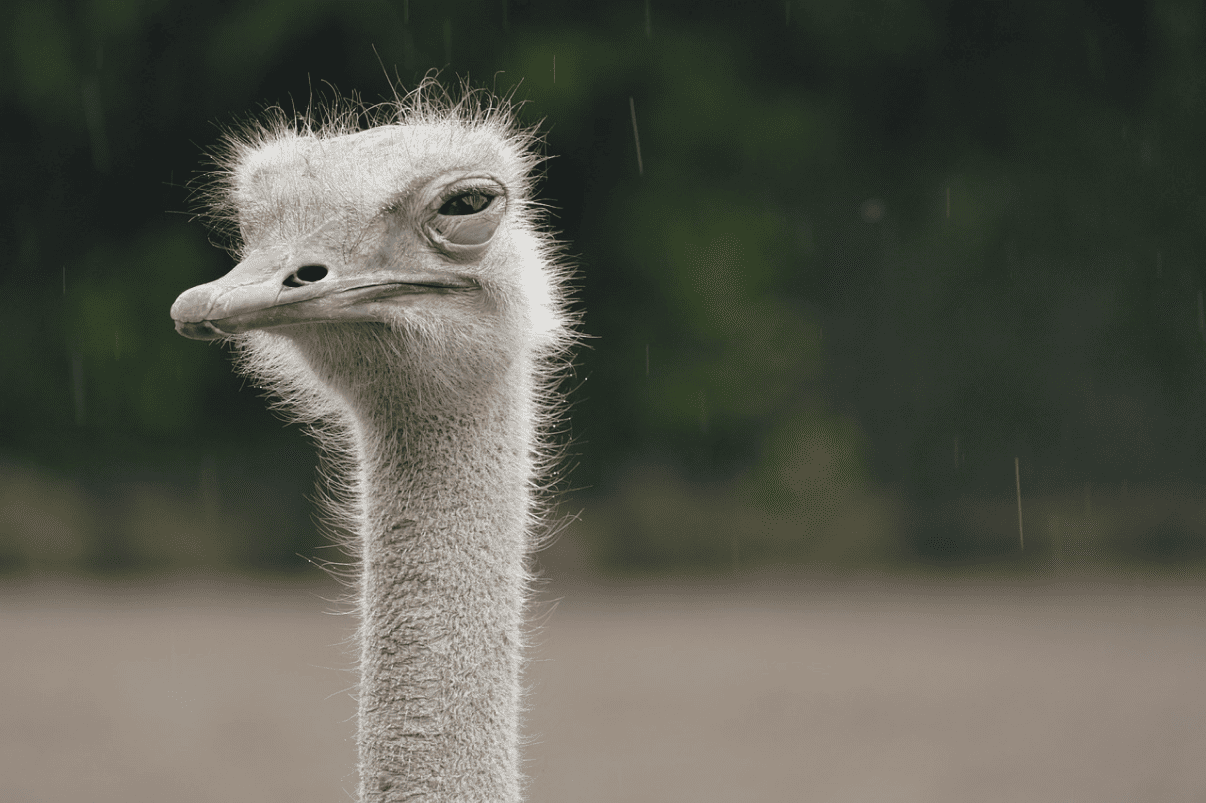
The Importance of Zoos for Animals and Conservation
Zoos are much more than just a place to see exotic animals. They serve as vital hubs for conservation, education, and the protection of wildlife. By providing a safe environment for animals, zoos play a crucial role in preserving endangered species and promoting awareness about the challenges faced by wildlife.
A Sanctuary for Endangered Species
Many animals in the wild face threats such as habitat loss, climate change, and poaching. Zoos provide a refuge for these species, offering them protection and a chance to thrive. Through carefully managed breeding programs, zoos help maintain genetic diversity and, in some cases, reintroduce animals back into their natural habitats.Education and Awareness
Zoos give visitors the opportunity to connect with wildlife up close. By learning about the animals’ behaviors, habitats, and challenges, people are inspired to take action to protect the planet. Educational programs, interactive exhibits, and tours provide valuable insights into conservation efforts and the importance of biodiversity.Research and Innovation
Zoos are also centers for scientific research. They contribute to our understanding of animal behavior, health, and ecology. This knowledge is used to improve conservation strategies and address challenges in the wild, such as human-wildlife conflict and diseases.A Bridge Between People and Nature
In a world where many people live far from wilderness areas, zoos serve as a bridge to the natural world. They spark curiosity and foster a sense of responsibility toward protecting wildlife and their habitats.By supporting zoos, we support the global effort to ensure a future where both animals and humans can coexist harmoniously. Zoos remind us of the beauty and diversity of life on Earth and the need to protect it for generations to come.